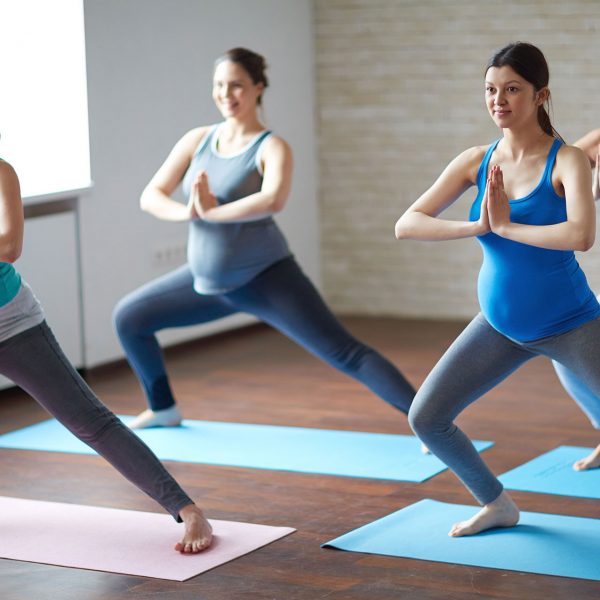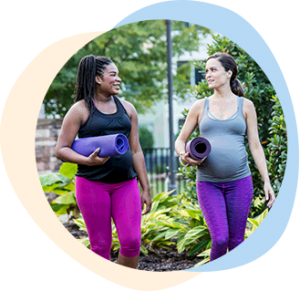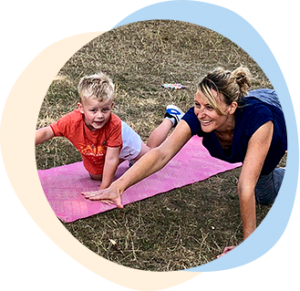Sarah is a fantastic trainer. She is professional, friendly and caring. It has been amazing to have Sarah on my journey from pregnancy and during my maternity leave.
Whether you’re already active, or just embarking on an exercise program, my expertise helps keep you and your baby safe and supported
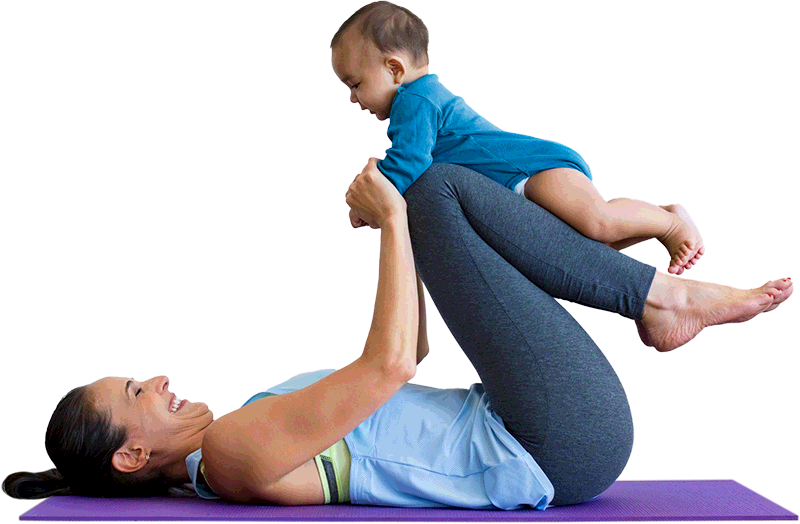
Class details
- Suitable from 13 weeks to delivery
- Pilates-based exercises you can do at home, as well as in class
- Designed to prepare your body for birth
- Keeping you supple as you progress through pregnancy
- Bands, birthing ball and mat based exercises
- Ondemand content to complement class
- Bring your child snuggly secured in their buggy!
- All weather outside group class
- Tone, strengthen and burn calories
- Women’s Health and Fitness Specialist for over 17yrs
- Exercise at your own level
- Bring your trainers and seasonably suitable clothes for yourself and baby
- 6 class pass with 90 day expiry to use as you like from week to week.
- 7 week course
- Retrains your pelvic floor and deep core muscles
- Heal abdominal separation
- Addresses complications of Vaginal, C-section and instrumental deliveries
- Improves posture
- Provides you with a foundation allowing a safe return to exercise
- Helps with healing of episiotomy scars, and tears following vaginal deliveries
- Helps you alleviate physical and mental stress
- Create connections with other new mums
- Strengthens muscles to help prevent injuries
- Babies welcome – NOT SUITABLE FOR CRAWLERS
- Limited numbers
- 20 videos to complement your pregnancy
- Suitable from 13 weeks to delivery
- A mixture of pilates, low impact bootcamp style class, and gentle stretches
- Designed to prepare your body for birth
- Keeping you supple as you progress through pregnancy
- Bands, birthing ball and mat based exercises
The 6 benefits of exercise
during your pregnancy
Prepares your body for delivery and beyond
Helps control weight gain and improves mood
Reduces risk of developing gestational diabetes
Helps prevent aches and pains related to pregnancy
Improves placental function and increases autonomic function of baby
Reduces stress levels and improves sleep
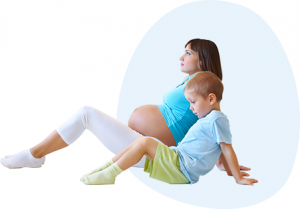
What to expect when you’re expecting – and beyond
One of the most daunting things about pregnancy is how rapidly your body changes as it accommodates the new life within. Our bodies are designed to give birth naturally however, with medical advancement, we tend not to listen so much to our bodies and allow nature to do what it does best.
Exercise can help prepare a woman for the demands placed on her by pregnancy and labour, both physically and mentally. No two women experience pregnancy and childbirth in the same way – accordingly, exercise in pregnancy should be tailored to prepare an individual woman’s body for delivery and beyond.
Your questions, answered
The pelvic floor is a key part of ‘the core’ and provides stability and strength to the spine and pelvis. As pregnancy progresses, the weight of the baby and gravity place ever increasing pressure on this area. During birth, trauma to the pelvic floor and the tissue surrounding it can lead to a reduction in sensation and control – even a c-section can have an impact.
If you are already regularly exercising, you can carry on as normal, but ensure you don’t partake in any contact or impact sports.
If you haven’t been exercising, medical advice is to hold off starting an exercise regime until you reach your second trimester.
During pregnancy, exercise should be comfortable at all times; you should be able to hold a conversation throughout. Listen to your body – if you need more rest, that’s fine!
If you have previously been regularly exercising, continue for up to 5 times a week, at moderate intensity.
If you haven’t been exercising, the recommendation is 30-60 mins, 3 times a week at moderate intensity – gradually increase to 4-5 times / week. Recommended guidelines are currently 180 mins of moderate exercise a week.
We recommend you continue with your second trimester activity, but dial down the intensity
Listen to your body – if you need more rest, that’s fine!
The safety of you and your baby are paramount, so if you experience any of these symptoms, please inform us before taking part in any classes – we may recommend you abstain. You should also inform your midwife or consultant and they can advise if exercise is appropriate.
The symptoms we would be concerned about are: vaginal bleeding, muscle weakness, calf pain or swelling, dizziness, visual disturbance, heart palpitations, headache, persistent nausea/vomiting, high blood pressure / preeclampsia, breathlessness, amniotic fluid leakage, preterm labour, chest pain, decreased foetal activity, uterine contractions of 15 mins or longer.
Happy clients
